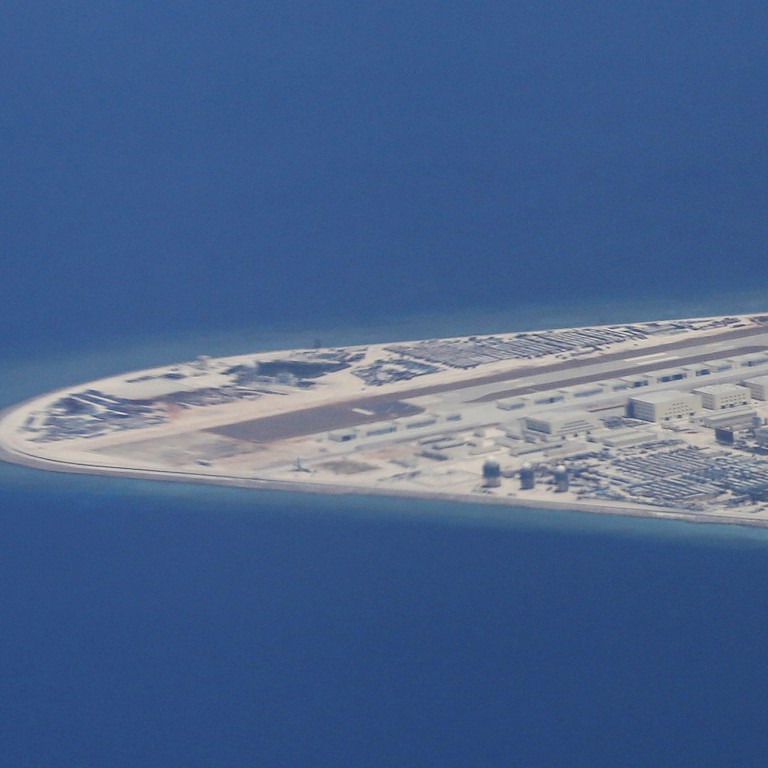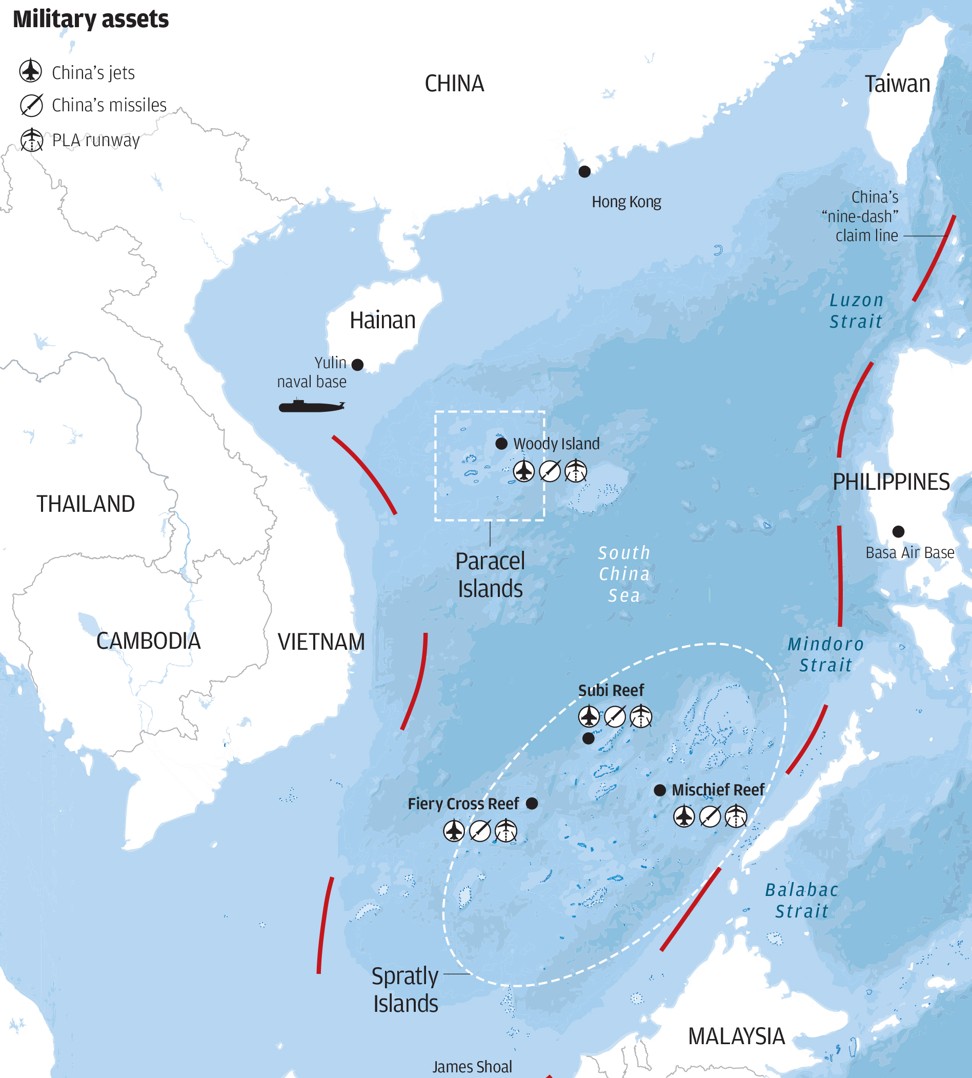Advertisement
Advertisement

Letters | Blame China, not the British, for roiling Asian seas
- The international status quo concerning navies and bases in Asian seas and the Indian Ocean has been disturbed primarily by China
- Authorities in China are naive if they think all others are just going to sit back while they bend international rules to their own benefit and system
I refer to your editorial, “Britain risks raising tensions with military base in the region” (January 5). The international status quo concerning navies and bases in Asian seas and the Indian Ocean has been disturbed primarily by China. The assertive and progressive enforcement of their arbitrary nine-dash line was bound to bring about a response (Thanks to Harry Harrison for his apt cartoon on January 5).
This infamous line stretches far beyond China’s continental shelf, encompassing almost all the international waters down to Indonesia. It is also apt that the nine-dash line is tongue-shaped, as apparently China put its tongue out at the Association of Southeast Asian Nations and the international community when it constructed military bases on artificial islands so close to other countries.
As with trade issues, authorities in China are naive if they think all others are just going to sit back while they bend the established international rules to their own benefit and system. Not only Britain, which has long-established ties to Malaysia, Singapore and Brunei, but American, Australian, Indian and Japanese navies are also responding to China’s expansion into international waters.

I also refer to your articles, “Protest by Japan over Chinese survey ship” (January 5), where China’s response citing UN Convention of the Law of the Sea (UNCLOS) definitions illustrates double standards, as China has deliberately ignored the UNCLOS definitions in the South China Sea, and to “Southeast Asians ‘have doubts’ about US reliability” (January 7), where less than 10 per cent of those surveyed viewed China as a “benign and benevolent power”.
I.M. Wright, Happy Valley

Post
